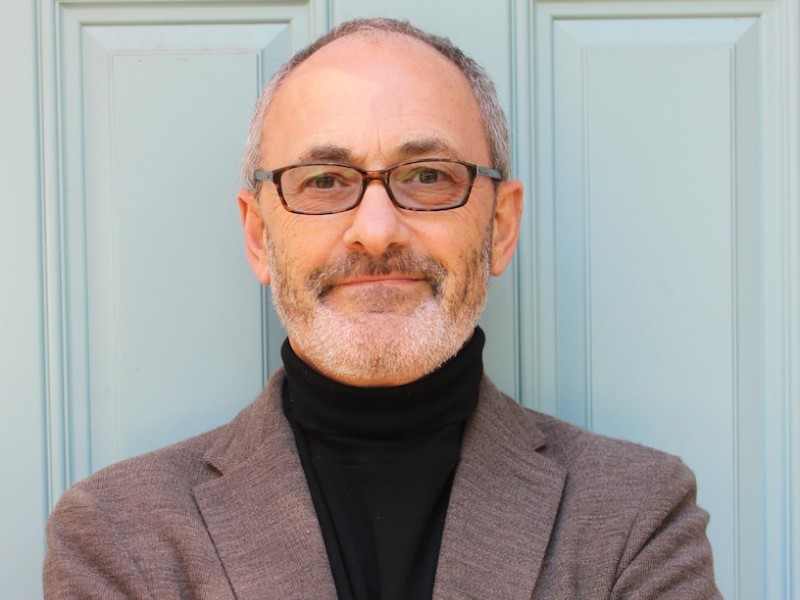Matthew Ellis, Founder and CEO of the Institute for Proteogenomic Discovery, shared on LinkedIn:
“What is driving my cancer?
From the patient perspective, there are only two types of cancer, the ones we survive and ones we don’t. In the USA alone, two million people are annually diagnosed with cancer and over half a million will die.
The fundamental reason for poor outcomes is that the diagnosis is often incomplete. A biopsy allows a pathologist to confidently say a cancer is present. We say we have made a “diagnosis’ of cancer. However, until we understand what molecular event “drives” the patient’s cancer, all we can offer is non-specific treatments – surgery, radiation, and chemotherapy.
While effective for some, these treatments are associated with substantial and often long-term toxicity. The biggest problem, however, is that these treatments are just not effective enough.
When we can answer the question “what is driving my cancer” treatment outcomes are transformed.
A cancer driver is a biological event that is only present in the patient’s cancer cells and not in normal cells. This translates into precise treatments that are more effective and less toxic.
There are already good examples of precise treatments based on a deeper understanding of what drives cancer such as HER2 positive breast cancer (Herceptin), EGFR mutant lung cancer (Tagrisso), hereditary cancers due BRCA1 and 2 mutations (Lynparza).
The problem is that these drivers are only present in a minority of cases. We are still left with very large numbers of patients without an identified cancer driver – these cases often have diagnostic labels that underscore our diagnostic ignorance. “Triple negative breast cancer” and “non-small cell lung cancer lacking a driver mutation” are sad examples. These tumors have drivers, they just have not been identified.
Why do we fail to identify cancer drivers in all cases of cancer? One fundamental reason is that molecular diagnostic methods are often compartmentalized. Each test examines the corrupted biology present in cancer cells at only one level, a DNA-only test, an RNA-only test, or a protein-only test.
This is not how the cancer cell works – the information flows from the abnormal DNA into RNA which drives abnormal protein expression. It is largely the abnormal proteins that are the cancer drivers. Most new drugs target proteins in precise ways but current techniques do not measure protein expression in cancer cells in sufficient depth or scale to diagnose the cancer driver in every case.
I am therefore devoting the next phase of my career to the development and application of proteogenomic techniques to standard pathology slides, with integrated analyses of DNA, RNA and Protein. Every hospital in the world holds a museum of cancer specimens in their pathology departments gathering dust. Clinical Trial organizations have millions of them. We need to apply proteogenomic technologies at scale to improve treatment for future generations of cancer patients.
I am looking forward to posting my progress on this vision!”
Source: Matthew Ellis/LinkedIn
